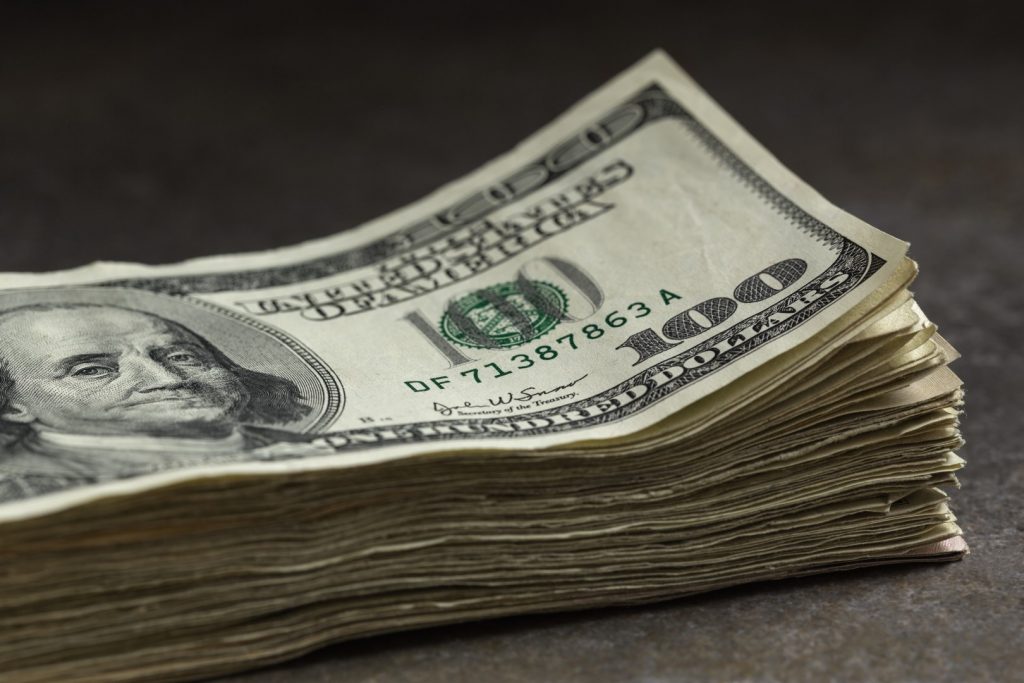Investors stepped cautiously into bank stocks on Tuesday, emboldened by the rescue of Credit Suisse, with share prices tentatively rising in Europe and Asia amid lingering concerns about further damage to credit markets and smaller U.S. lenders.
After a tumultuous 10 days which culminated in the 3 billion Swiss franc ($3.2 billion) Swiss-regulator-engineered takeover of Credit Suisse by its rival UBS, attention has now shifted to this week’s meeting of the U.S. Federal Reserve.
The question among traders and investors is whether the central bank’s relentless rate hikes, which some have blamed for sparking the biggest meltdown in the banking sector since the global financial crisis, might be at an end.
“The current situation in U.S. regional banks and Credit Suisse has raised concerns about contagion risk,” said Grace Tam, chief investment advisor Hong Kong at BNP Paribas Wealth Management, adding near-term sentiment remains volatile.
The demise of 167-year-old Credit Suisse was triggered by the collapse of U.S. mid-sized lenders Silicon Valley Bank (SVB) and Signature Bank, and investors are concerned about potential bombs ticking elsewhere in the financial system.
Switzerland’s Bankers Association said on Tuesday that credit supply in the country will not be restricted by the demise of Credit Suisse, adding it was convinced the Swiss banking sector still had a “prosperous future”.
Credibility “is not destroyed, but it’s not good,” the association’s chairman Marcel Rohner told a news briefing.
Asian shares lifted off their lows as the move assuaged the worst fears of systemic contagion in the financial system, while European bank shares.SX7P also opened slightly higher.
“This time, major central banks have been reacting very swiftly to backstop liquidity. U.S. officials are also studying ways to temporarily guarantee all bank deposits if the banking crisis expands,” Tam said.
In a sign of business continuity, Credit Suisse kicked off its three-day annual Asian Investment Conference in Hong Kong, which draws top executives at regional companies, among others.
But Credit Suisse CEO Ulrich Koerner, who was expected to attend dropped out and the event was closed to media.
‘Near-death experience’
Policymakers from Washington to Europe have repeatedly stressed that the current turmoil is different from the global financial crisis 15 years ago, pointing to banks being better capitalised and funds more easily available.
But the sudden shock means traders have now increased their bets the Fed will pause its hiking cycle on Wednesday to try to ensure financial stability, although they remain split over whether the Fed will raise its benchmark policy rate.
“The banking sector’s near-death experience over the last two weeks is likely to make Fed officials more measured in their stance on the pace of hikes,” said Standard Chartered’s head of G10 FX research, Steve Englander.
Top central banks promised at the weekend to provide dollar liquidity to stabilise the financial system to prevent the banking jitters from snowballing into a bigger crisis.
In a global response not seen since the height of the pandemic, the Fed said it had joined central banks in Canada, Britain, Japan, the euro zone and Switzerland in a co-ordinated action to enhance market liquidity.
Meanwhile, JPMorgan Chase & Co JPM.N CEO Jamie Dimon is leading talks with other big banks on new efforts to stabilise First Republic Bank FRC.N, which last week had a $30 billion capital infusion, the Wall Street Journal reported.
First Republic and JPMorgan declined to comment on the report, which cited people familiar with the matter.
A spokesperson for First Republic pointed to an earlier statement where the bank said it was “well-positioned to manage short-term deposit activity”.
Wall Street’s S&P 500 banks .SPXBK index inched up on Monday and other regional U.S. banks rose. PacWest Bancorp PACW.O was up almost 11% after saying deposit outflows had stabilised and its available cash exceeded total uninsured deposits.
In Europe, the investor focus has shifted to the massive blow some Credit Suisse bondholders will take, prompting euro zone and UK banking supervisors to try to stop a rout in the market for convertible bank bonds.
The regulators said owners of this type of debt would only suffer losses after shareholders have been wiped out – unlike at Credit Suisse, whose main regulators are in Switzerland.
Lawyers are talking to a number of AT1 bond holders about possible legal action, law firm Quinn Emanuel Urquhart & Sullivan said on Monday.
Danske Bank has advised its private clients not to invest in high yield bonds, citing the risk of substantial capital losses as credit conditions tighten.
The category of high yield bonds includes both corporate and bank bonds, including the AT1 bonds that Credit Suisse will have to write down to zero on the orders of the Swiss regulator as part of the bank’s rescue merger with UBS.

